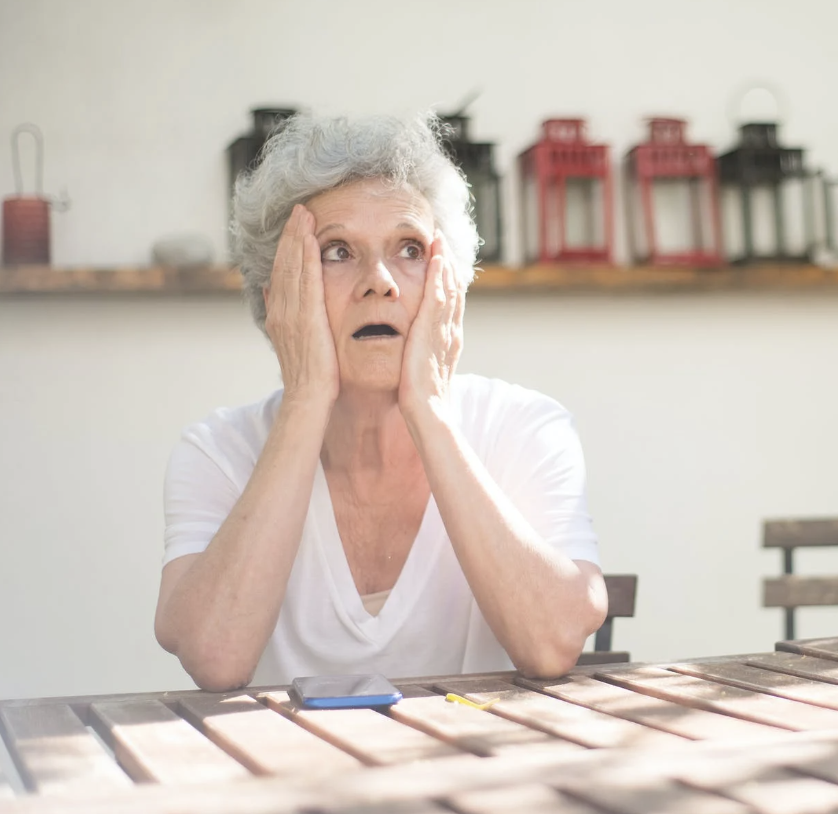The Heat Is On: More Than Ever You Need To Protect Yourself From Summer’s Heat
July 13, 2022

It seems that every year around this time we issue a warning about the danger that hot weather poses to physical health and well-being. And while the facts about the harms caused by heat are consistent from one year to the next, the reality is that the warning about dangerous heat becomes more dire every year, as the effects of climate change bring more extreme weather conditions, including longer and more extreme heat waves. In fact, heat waves (defined as at least 6 consecutive days of extremely high temperatures) may soon become weather norms, with predictions that we may eventually see “summers that could last up to 6 months.” And no matter where in the country you live, experts warn that “this is the future that we all face.” To get a glimpse of how temperatures have gradually risen across the country since your younger days, take out your cold compress and click here.
In addition to more frequent heat waves, there are other weather-related concerns to consider. First, we have the occurrence of heat domes, which occur when geographic regions are trapped under high-pressure heat over several days or even weeks, leaving people and the environment trapped in stifling, stagnant hot air that can pose perils, especially for young children and older adults. We also have increasingly long heat waves combined with high levels of humidity, which pose risk for even the healthiest people but can bring about severe illness in those already vulnerable. In fact, researchers are now finding out that this combination of heat and humidity can cause more health risks than heat alone. Such risks are further magnified if they occur in areas of the country not used to such weather and not prepared to handle the heat, either because of inadequate electric grids or insufficient air conditioning.
As a reminder, what are the signs of being overheated that should cause concern? There are 2 primary conditions you should be on the lookout for, either for yourself or a vulnerable loved one: There’s heat exhaustion, exemplified by such symptoms as excessive sweating, cold clammy skin, nausea, vomiting, and dizziness. And then there’s the more serious heat stroke, which includes a high body temperature (over 103 degrees), fast pulse, inability to sweat, confusion, or possible loss of consciousness. Both conditions are serious and may require medical attention but with heat stroke, the situation is more dire and requires immediate emergency attention. It’s important to understand that those who already suffer from heart, lung, or kidney problems, or such conditions as diabetes or alcoholism are at higher risk of health problems due to high heat- and there are certain medications (for example, diuretics) that exacerbate your risk. It’s even more valuable to understand that every year at least 600 people die as a result of heat stroke. And you also need to know that people over the age of 65 constitute the overwhelming majority (80-90%) of heatwave casualties. For a look at some of the longer-term risks of excessive heat for your health, close the freezer door and look here.
So how can you protect yourself against excessive levels of heat? If you’re fortunate, you’ll have a cool house to retreat to during the warmest hours of the day (But it’s important to note, however, that millions of Americans don’t even have that basic level of protection, pushing excessive heat into the category of a public health crisis). The importance of staying hydrated (even drinking when you don’t experience thirst) cannot be overestimated. Clothing needs to be as lightly colored and loosely worn as possible, and remember, timing is all-important: For every degree your body temperature rises, your heart must pump 10 extra beats per minute, so make sure you do all of your outdoor activities during early morning or late-in-the-day hours. Sunburn can also impact your ability to cool down and keep hydrated, so use your sunscreen and avoid direct exposure to the sun during the warmest hours of the day. While few of us are going to be able to avoid some of the risks associated with excessive heat this summer, all of us can become informed about what necessary steps to take to avoid imperiling our health. For a good overview of the essentials, put on that sun visor and click here.







